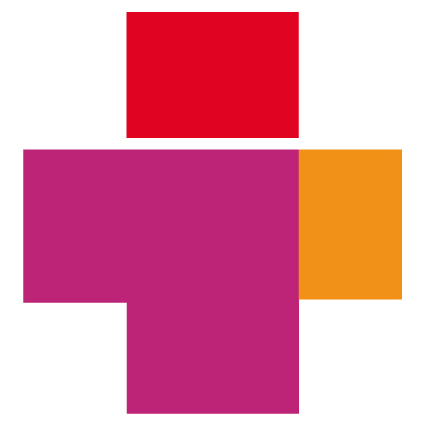What does a word like interoperability have to do with the health and wellness of you?
Something is holding us back as a society. There is a significant advancement that needs to take place in regards to healthcare data.
It all has to do with developing a system of doing things well before new technology arises. The healthcare industry, hospitals, care centers, and insurance companies all existed before the internet. Having a strong way of doing things before a technological advancement has hindered medical progress and is the primary reason for our current dilemma of failed healthcare interoperability.
Just imagine if healthcare data was a new idea, and it was able to start from a clean slate, with no concern for the current system. With that freedom what would we create?
Applications like Twitter, Facebook, YouTube, LinkedIn, and Google all have a superior advantage when comparing them to our healthcare data industry. These 21st-century platforms were able to build their infrastructure around the most cutting edge technology. They did not have to worry about appeasing an already established system and way of doing things.
New web applications can run very advanced analytics and perform very smart specific tasks. Facebook knows everywhere you have been on your device. They find out when you are shopping or browsing a website. They use this knowledge to share with companies who want to advertise so that the next time you visit Facebook, they show an ad from the very company you were just shopping on. It is all due to the amazing ability to gather data and to cater it to the specifics of the individual.
Statistics and behavioral data can be tracked all the way down to the single person. New insights and algorithms arise. Behavior and location intelligence are just a few of the many tools that marketers can use to create intelligent and personalized ads for the consumer.
If you have been looking at a new coat on a website but have yet to buy, the company can target you with a sale on that particular jacket. When you visit Facebook, they might show you an ad that is offering 15% off that exact coat. All by using Google to search for something; Google sells ads based on your search/browser history.
How come our healthcare data cannot work like Facebook and Google?
Even though Facebook, Twitter, YouTube, LinkedIn, and Google are not interoperable between each other, it is ok. Those five web platforms contain most of the world's internet activity data. In healthcare, there are thousands upon thousands of individual organizations all with their unique databases, and only a minuscule amount communicate with one another.
Imagine if each state had its own Facebook that used a custom operating system, and each of these had a different interface and way of gathering information. You would have to log in and out of each Facebook and would also have to join each one separately. If this were the case, we would be unable to use Facebook as a global network. Moreover, it would not have any real analytic data for marketers to use in creating a better consumer experience because of the disparity between systems.
Unfortunately, hospitals, care centers, and insurers are competitive with one another; they only develop systems that will work for their organization.
The United States government shelled out billions of dollars by the health care reform law of 2010 to try and encourage a movement in improvement, but the result was a bunch of organizations only acting independently, and in some ways worsening the situation. Now we have industry decision makers more frustrated and less willing to invest in any new data improvements.
We are held back by the disparate systems that healthcare organizations are using, that is why we need interoperability across the board.
Interoperability will allow all this unique data to become finally useful. This data can then help us gain valuable insights. Gathering all the information from the various health organizations in a way that brings it down to the location of the individual, will then put us on par with the social media analytics.
To think that the healthcare industry is having to play catch up to the social media industry.
We at Rural Health IT Corporation along with our partners EHN & Pitney Bowes have found a solution to the problem. One that facilitates interoperability without disrupting the current systems. A platform that gathers all the data within a healthcare organization, and keeps the native systems running. By cleaning the data and making it understandable in a universal language, we harness the power of big data.
Teams need to see the value of not just the financial impact, but the health of our populace too. (see Population Health Management)
Reducing waste and finding areas of concern are one of the many by-products in data analytics. The underutilized information that we currently have sitting in all the various systems contains answers to heal someone's pain, maybe yours, maybe someone you love.




